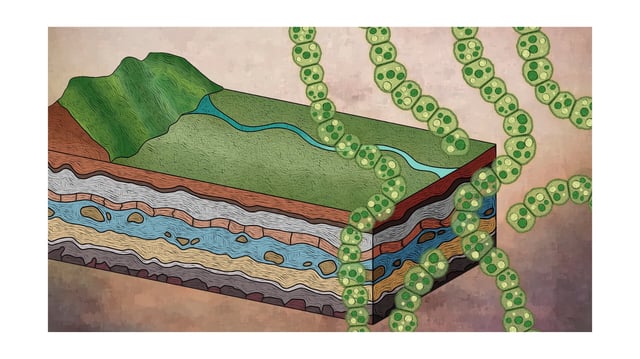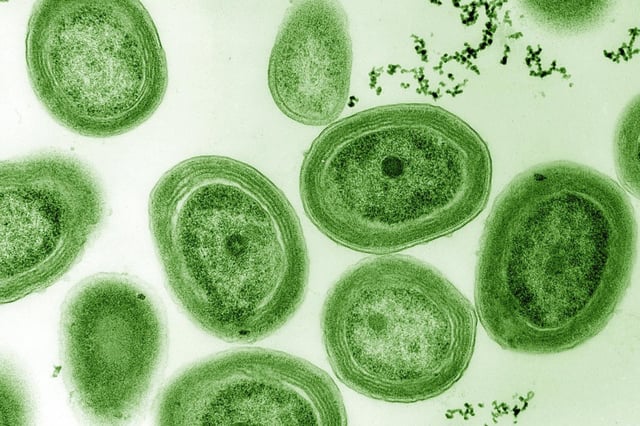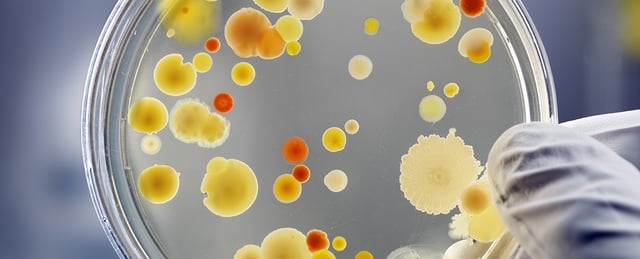Overview
- Researchers found evidence that some bacteria developed the ability to use oxygen around 3.2 billion years ago, nearly 900 million years before the Great Oxidation Event (GOE).
- The study highlights that early aerobic metabolism may have facilitated the evolution of oxygenic photosynthesis in cyanobacteria, a process critical to Earth's atmospheric transformation.
- Using a multidisciplinary approach, scientists combined genomic data, geological records, and machine learning to reconstruct bacterial evolutionary timelines.
- At least three aerobic bacterial lineages were identified as predating the GOE, with over 80 genetic transitions from anaerobic to aerobic metabolisms observed across bacterial species.
- The findings provide a framework for linking microbial traits to Earth's geochemical history, offering insights into how ancient life shaped the planet's environment.



